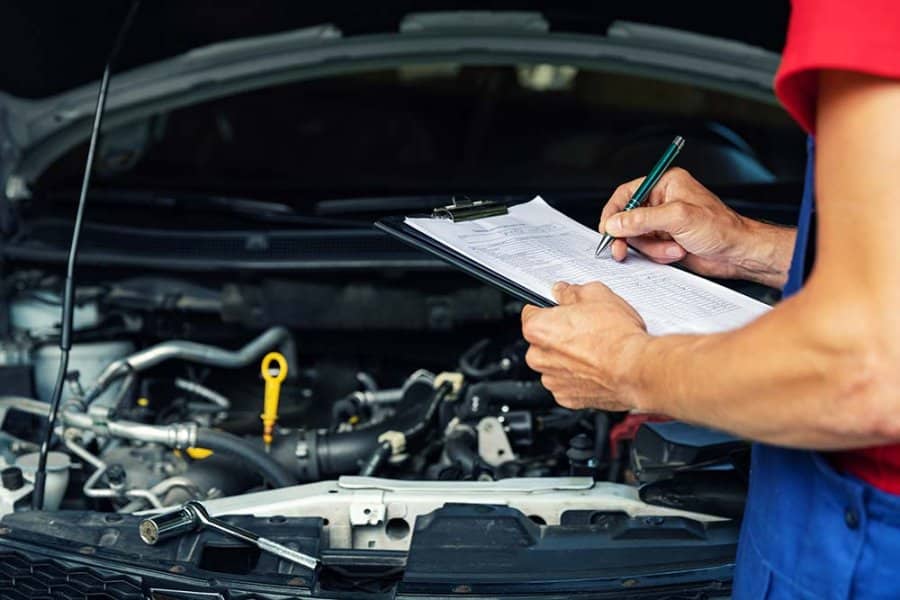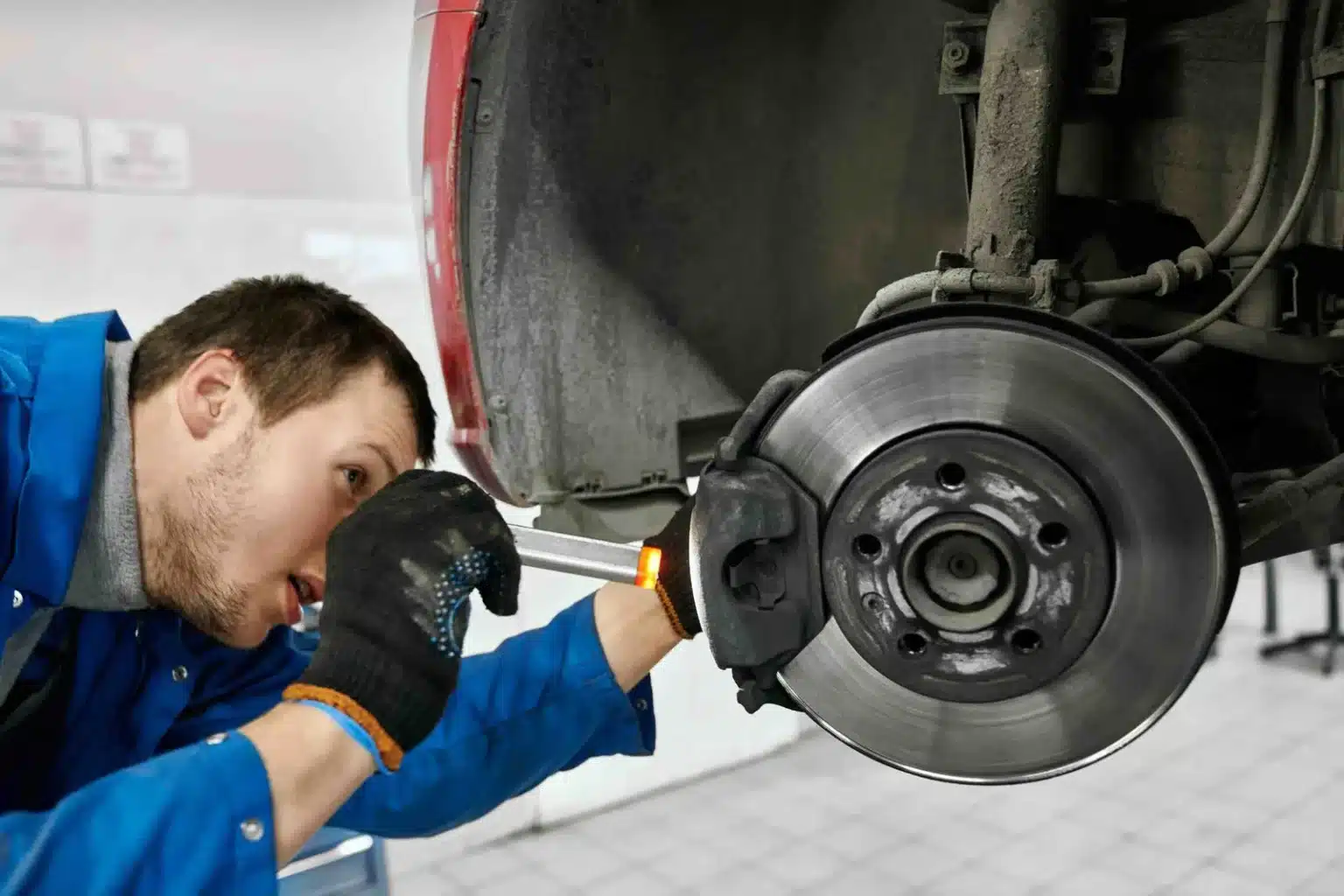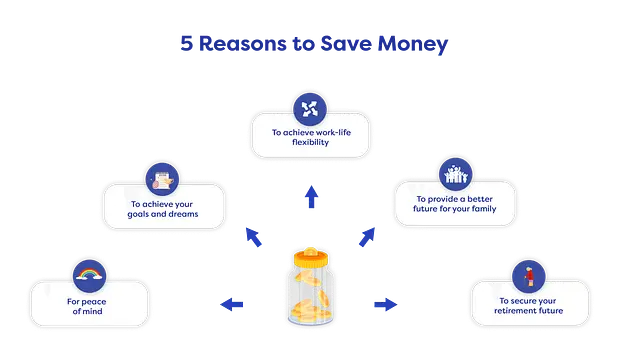Car Engine Maintenance Tips
Car Engine Maintenance Tips – The engine is the heart of your car. To keep your car performing
at optimal capacity, you have to maintain the engine properly. Not to mention,
one engine glitch can cause a lot of damage, and you might end up spending
nearly the same amount of money buying a new vehicle.
So what should you do to keep your engine in top condition?
1. Check The Oil Regularly

Oil is like blood pumping into a vein that keeps it going. InIn
other words, oil is essential for lubrication which helps reduce friction.
Furthermore, the lower the friction, the less chance of mechanical wear.
Make sure you check manually,
check periodically, and
You have to change the oil.
If you are unsure, you can check your engine’s oil level using a dipstick. Other things; If you see the oil on the dipstick looks dirty,
You have to replace it.
2. Keep Your Engine From Overheating
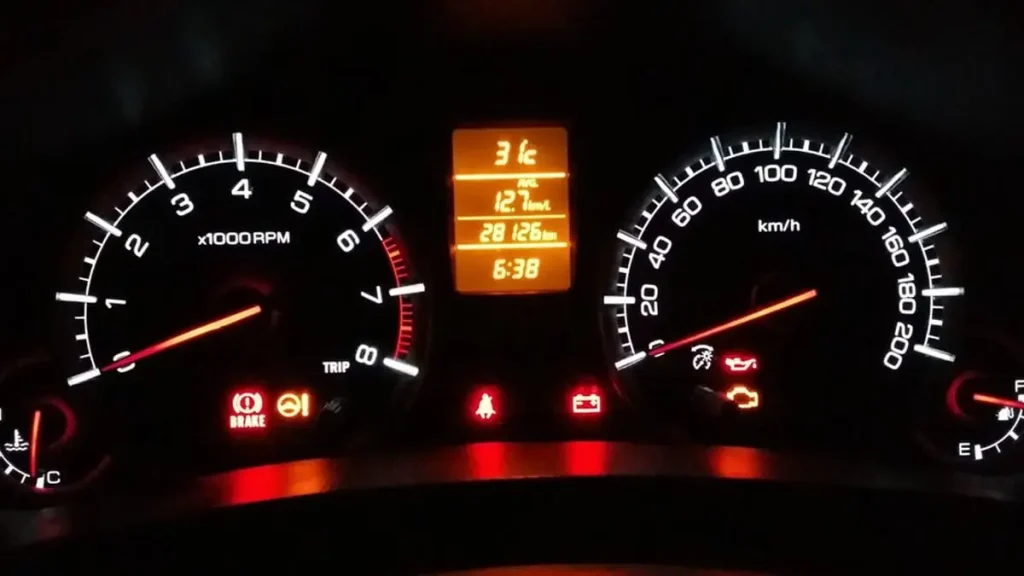
Check the temperature of a hot car, no need to bother opening
the trunk of the car engine.
You only need to look at the light indicator on the
Car’s speedometer.
Don’t forget to fill the radiator coolant, on your car radiator.
3. Schedule A Regular Tune-Up
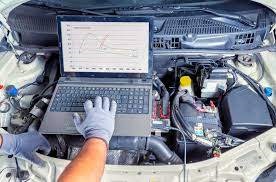
A tune-up might be necessary
when your car’s power slows down or it becomes sluggish. Typically, it involves
replacing or cleaning the air filter, PCV valves, spark plugs, fuel injection
system, throttle body, fuel filter, distributor system, and ignition wires.
What needs to be changed or replaced depends on the type of car that you drive.
Additionally, the tune-up maintenance is usually scheduled after hitting 60,000 to
90,000 miles.
4. Check The Timing Belt

The timing belt is one of the most important parts of a machine;
It works by coordinating the movement of valves and pistons. Also, a damaged
timing belt can crush your engine and leave a hole in your pocket.
Checking the timing belt will
only take a few minutes and save you a lot of trouble.
You in the future.
Watch out for red flags from a bad timing belt such as an engine
ticking, an incorrect engine start, or oil leaks.
If not, you will need to replace the timing belt as recommended
in the owner’s or auto repair shop’s manual; for the most part, the interval of
change is from 60,000 to 105,000 miles.
5. Change The Air Filter At Regular Intervals
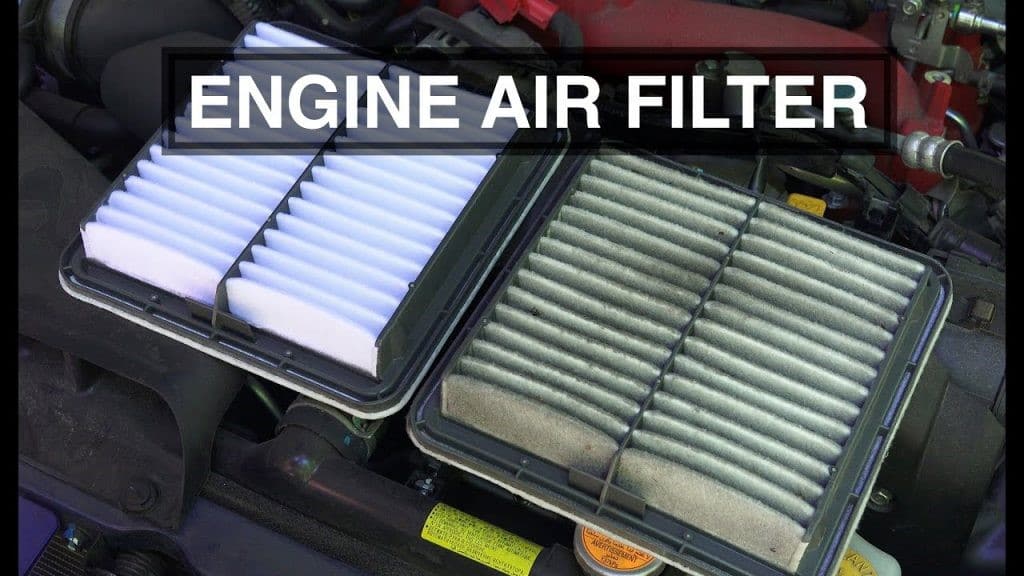
The air filter helps circulate the air in your engine for
increased power and performance. Also, an air filter is useful for preventing
dirt and dust from building up on your machine.
Therefore, changing the air filter regularly especially if you
are driving on dusty roads can prevent the engine from stalling.
Of course, you have to check with your car manufacturer how
often you should replace the air filter but for the record, it can be replaced
after 15,000 to 20,000 miles.
6. Change The Spark Plugs And Wires
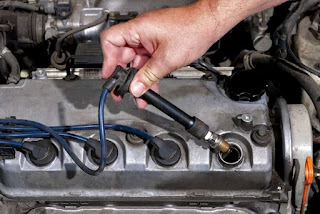
The spark plugs of your car
assist in improving engine performance and averting cold-starting and
misfiring problems. Most owners’ manuals advise replacing the spark plugs
after 30,000 miles. Don’t worry; it won’t cost you a lot of time and money.
Needless to say, when you change spark plugs, you should also change the wires
to match the electrical current of the new plugs.
7. Replace The Fuel Filter

The fuel filter sieves unwanted contaminants when the fuel is
processed through the engine. Unfortunately, the fuel filter can get
overwhelmed after a period of constant functioning. Be sure to read your manual
to know after how long you should replace the filter – every type of car is
different.
Conclusion
Regular car engine maintenance is not just about keeping your vehicle running; it’s a critical investment in its longevity, safety, and efficiency. By following a consistent maintenance schedule—including regular oil changes, filter replacements, and keeping an eye on fluids—you can prevent major breakdowns, improve fuel economy, and save a significant amount of money in the long run. Taking a proactive approach to your car’s health ensures that you and your passengers can rely on it for many years to come.
FAQ: Car Engine Maintenance Tips
1. How often should I change my engine oil?
It’s generally recommended to change your engine oil every 5,000 to 7,500 miles, depending on your vehicle and the type of oil used. Always check your owner’s manual for specific recommendations.
2. What are the signs that my engine needs maintenance?
Common signs include unusual noises, warning lights on the dashboard, decreased fuel efficiency, and excessive exhaust smoke. If you notice any of these, it’s best to have your vehicle inspected.
3. How can I improve my engine’s performance?
Regular maintenance such as oil changes, replacing air filters, and ensuring proper tire pressure can improve engine performance. Also, consider using high-quality fuel.
4. What should I check during a routine engine inspection?
Check the oil level and quality, coolant level, belts and hoses for wear, air filter condition, and battery health. Make sure to look for any leaks under the vehicle.
5. Is it necessary to use synthetic oil?
Synthetic oil offers better protection and performance, particularly in extreme temperatures. While it’s not necessary, it can be beneficial for high-performance or newer vehicles.
6. How do I know if my spark plugs need to be replaced?
Signs include poor acceleration, rough idling, and decreased fuel efficiency. Typically, spark plugs should be replaced every 30,000 to 100,000 miles, depending on the type.
7. What role does the air filter play in engine maintenance?
The air filter prevents dirt and debris from entering the engine, ensuring optimal airflow. A clogged air filter can reduce performance and fuel efficiency, so it should be checked regularly.
8. Can I perform engine maintenance myself?
Many basic maintenance tasks, such as oil changes and air filter replacements, can be done at home with the right tools and knowledge. However, more complex issues should be handled by a professional.
9. How important is it to keep the cooling system maintained?
Extremely important! A well-maintained cooling system prevents the engine from overheating. Regularly check the coolant level and have the system flushed as recommended.
10. What should I do if my engine overheats?
If your engine overheats, turn off the AC, pull over safely, and turn off the engine. Let it cool down before checking coolant levels. If necessary, call for roadside assistance.
Feel free to reach out if you have more questions about car engine maintenance!
